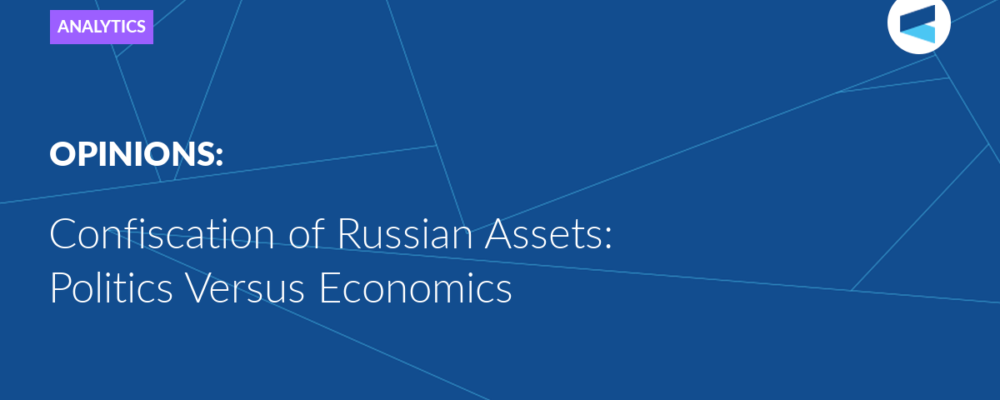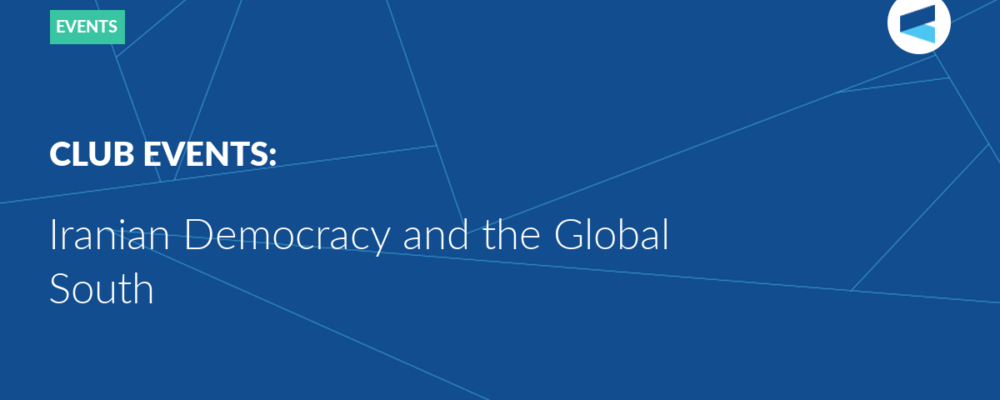On May 20th, the Valdai Club hosted an expert discussion titled “Russia and Central Asia in new strategic conditions” following the 4th Central Asian Conference that took place in Ufa on May 14-15. The discussion was moderated by Timofei Bordachev, Programme Director of the Valdai Discussion Club.
Political scientist Akbope Abylkasimova, a member of the Assembly of People of Kazakhstan, stressed that Russia is a major economic partner for Central Asian countries. She emphasised the need to intensify efforts to establish the Eurasian transportation framework, particularly the development of the North-South corridor, which would benefit both Central Asian countries and Russia. Abylkasimova noted that over the past decade, Kazakhstan has invested approximately $30 billion in improving its railway infrastructure. She also highlighted the significance of transport and industrial cooperation among countries, as well as collaboration in research and education. According to Abylkasimova, over the past 30 years, due to the “euphoria of independence,” common cultural ties have eroded, and now, in order to move closer together, it is essential to educate young people in a spirit of friendship and neighbourliness.
Rustam Khaidarzoda, Director of the Institute for the Study of Asian and European Countries at the National Academy of Sciences of Tajikistan, emphasised the long-standing ties between Russia and the Central Asian region, and the significant importance Russia has maintained in this region over time. He highlighted the crucial role Russia plays in maintaining political stability and security in the region, countering threats of terrorism and extremism, and supporting the implementation of Russia’s new eastern policy. Additionally, Khaidarzoda proposed that organisations like the Shanghai Cooperation Organisation (SCO) and Collective Security Treaty Organisation (CSTO) could become international institutions of global significance, serving as platforms for developing new international norms and replacing those that are currently in crisis and unable to address the challenges facing Central Asia, particularly in the context of its current geopolitical landscape.
Grigory Mikhailov, editor-in-chief of the Telegram channel Logistan, noted that nearly all conference participants had agreed upon the term “neighbourhood.” This implies that the countries of Central Asia and Russia have close ties, and this necessarily implies cooperation in some form or another. “We have common challenges and, indeed, we have shared opportunities. In order to make the most efficient use of these opportunities and address challenges, we must cooperate closely,” Mikhailov believes.
In his opinion, the countries of the region must strengthen both internal integration and integration along the “Central Asia-Russia” axis in order to address the challenges they face that cannot be dealt with individually. At the same time, he emphasised the importance of understanding the limits of potential integration and “not to pump under pressure,” he added. Mikhailov highlighted the significance of the changing generations of elites in the region as a crucial factor. People with no experience of the Soviet Union are coming to power in Central Asian countries, for whom the mutual benefits are more important than shared history, and this necessitates a different approach to negotiations and the formulation of a new agenda for cooperation.
Sergey Overchenko, Deputy Director of the Third Department for the CIS countries at the Russian Ministry of Foreign Affairs, provided more details regarding Russia’s cooperation with countries in the region. He noted, that “in current circumstances, Russia and the Central Asian countries are facing the test of strength with dignity.” He also emphasised that Russia continues to develop relations with these countries on the basis of equality, mutual respect and trust. The focus is on open, non-politicied cooperation based on economic realities and mutual benefits.
Bilateral and multilateral cooperation in all relevant regional forums, as well as international organisations, is growing. Trade volumes and Russian investment in the region have increased, as have payments in national currencies. The strengthening of energy sector integration remains a priority for both Russia and countries in the region. We should not overlook the significance of transport and logistics routes linked to Russia, as well as Russia’s efforts to establish a dialogue on water issues. Additionally, the diplomat acknowledged successful cooperation in the fields of education, defence and security, while also emphasising the risks associated with Western interference.
The Valdai Discussion Club was established in 2004. It is named after Lake Valdai, which is located close to Veliky Novgorod, where the Club’s first meeting took place.
Please visit the firm link to site






